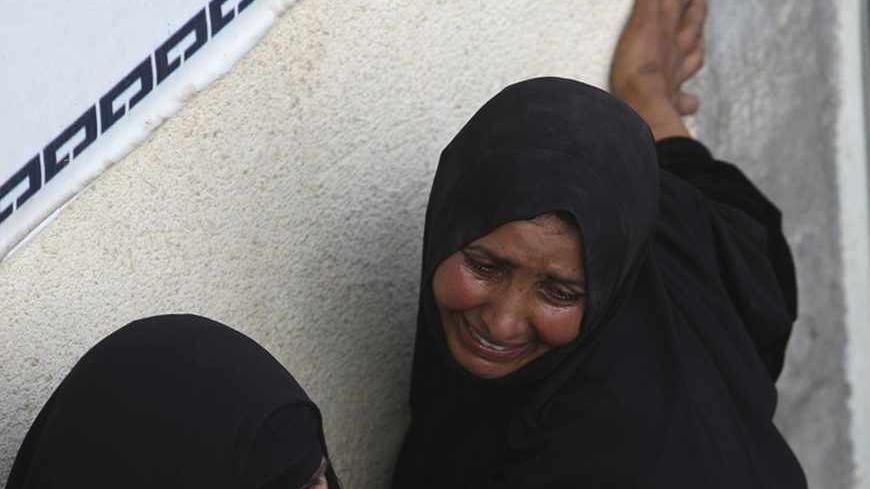From Baghdad to Beirut, the frequency of suicide attacks has recently increased and became more focused on sectarian killing. The latest target was the Iranian Embassy in the southern suburb of the Lebanese capital, where 23 people died Nov. 19. In various parts of Iraq, the recent Shiite mourning ritual of Ashoura seemed a good moment for jihadists to augment their bombing, claiming hundreds of lives over a short time. As various jihadist brigades often claim responsibility for such attacks and have done so for a long time, the region is certainly in the middle of the third jihadist wave, which may not be the last, but it is definitely one that is determined to kill along sectarian lines. As argued in previous Al-Monitor articles, Lebanon seems to not only see a repeat of the Iraqi model but also a spillover from the Syrian conflict. A common denominator underlies this newer turmoil, namely the mutation of jihadist violence into a sectarian war.
The first wave of jihadist violence was local. It started with the assassination of Egyptian President Anwar Sadat on Oct. 6, 1981, during a military parade. It was justified as a struggle against the near enemy, mainly Arab regimes accused of all sorts of sins from blasphemy to treason. Security measures tightened their grip on jihadist activists and ideologues, who were either killed or lingered in prisons. This local jihad failed to achieve its objectives of toppling regimes, so its ideologues switched from the local to the global in search of new jihadist destinations, thus marking a second wave.



